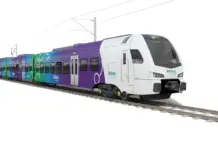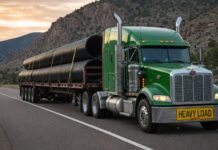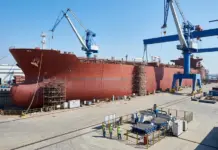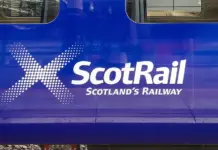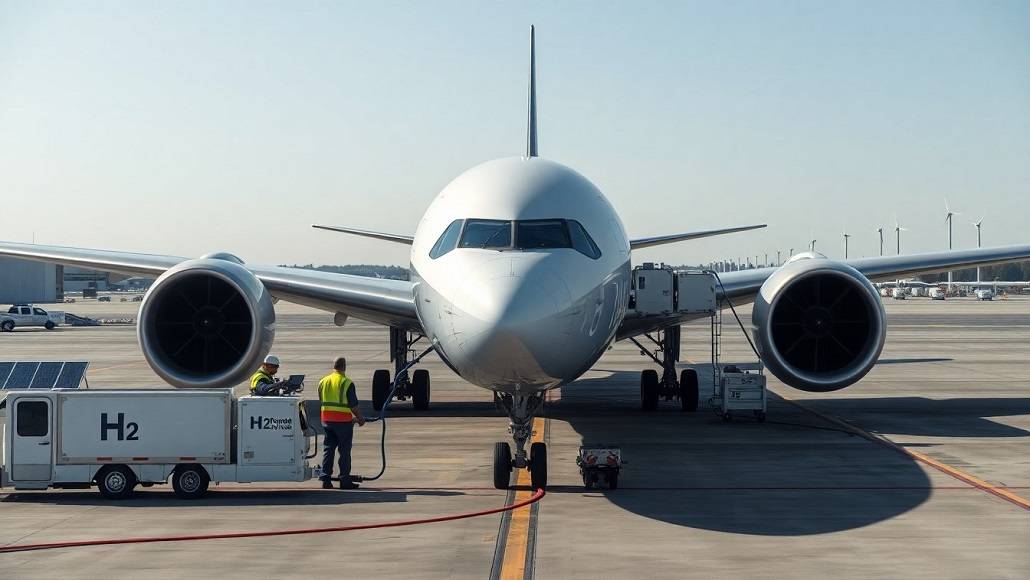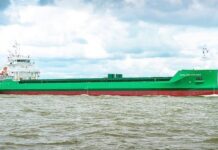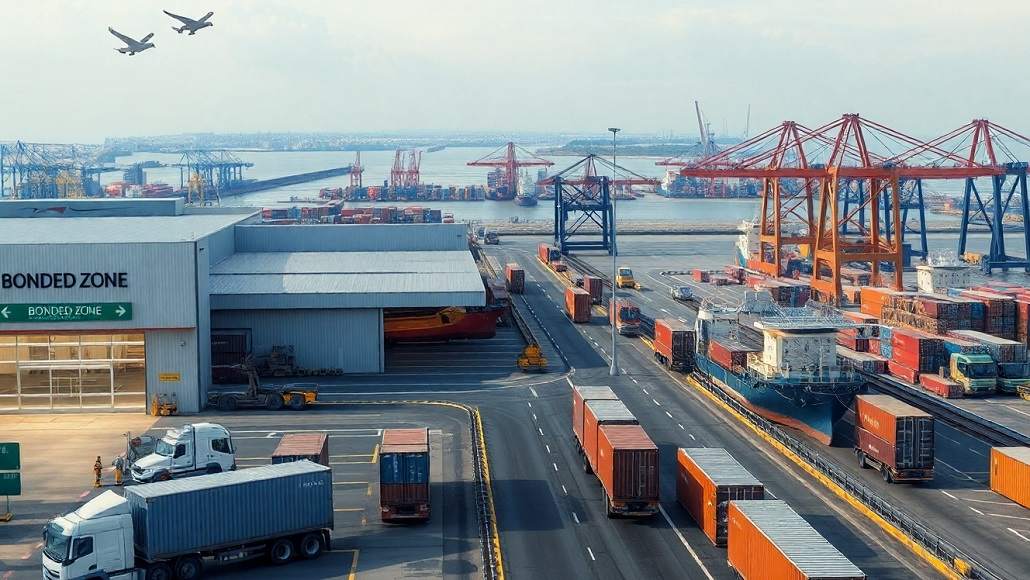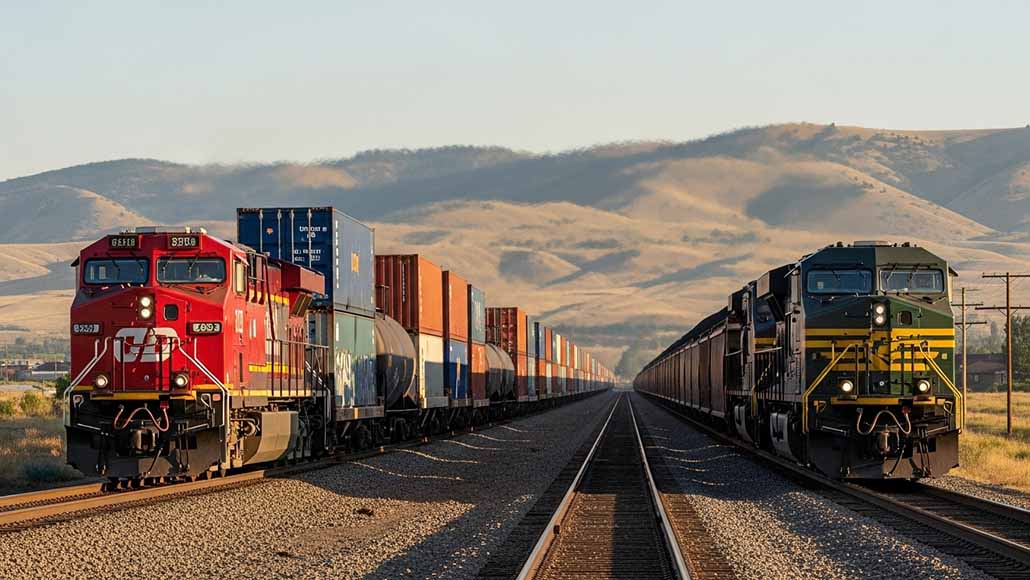In an $85 billion (£63.8 billion) transaction, two of the biggest railway corporations in the US will merge. The Union Pacific and Norfolk Southern, this merge will create the first company in the US to have a freight train network that goes from coast to coast.
Union Pacific announced it has agreed to acquire its smaller East Coast competitor Norfolk Southern, creating a $250 billion giant that would connect 100 ports and 43 states over more than 50,000 miles of track. Executives said they believed the combination would make freight shipments more efficient and help railroads compete with alternative transportation methods.
One union, SMART TD, has already stated it would tell authorities about its resistance to the merger during their examination.
The Biden administration has been known for its caution toward significant acquisitions, while the Trump administration is expected to take a more relaxed regulatory approach.
Union Pacific CEO Jim Vena told investors on Tuesday, “We wouldn’t have taken the step if we weren’t sure we could handle any of the problems that come up.”
The new project will be named Union Pacific Transcontinental Railroad, with its main office in Omaha, Nebraska.
Union Pacific, a company dating back to the US Civil War, is based in the city in the heart of the nation. It is one of two corporations that control freight train operations west of the Mississippi River.
Norfolk Southern, headquartered in Atlanta, Georgia, primarily operates in the eastern United States.
Executives indicated that working together would allow them to shorten shipping times by a day or two for clients sending items coast to coast. They also said the merger would reduce rail congestion, as fewer trains would be needed to move the same amount of cargo.
“This isn’t just about having a bigger railway,” said Norfolk Southern’s Chief Financial Officer, Jason Zampi. “It’s about being a better railroad.”
The two companies said they plan to complete the Union Pacific Norfolk Southern Merger by early 2027 and expect to spend $2 billion to integrate their networks.
In a letter to employees, Mr. Vena—who began his career as a brakeman—expressed optimism that the merger would create more jobs. He also emphasized that the companies’ “intention is to preserve Union Pacific and Norfolk Southern union jobs.”
As part of the deal, Norfolk Southern shareholders will receive $88.82 per share plus a share in the new company.
That puts the total value per share at around $320, representing a nearly 25% increase from the price before rumors of a possible merger emerged.
Mark George, the head of Norfolk Southern, told analysts the acquisition was “making history.”
Although it has been possible to traverse the US by train since 1869, doing so has required working with multiple rail companies. Amtrak, the US passenger rail operator, runs trains nationwide but often relies on tracks owned by freight rail companies.





